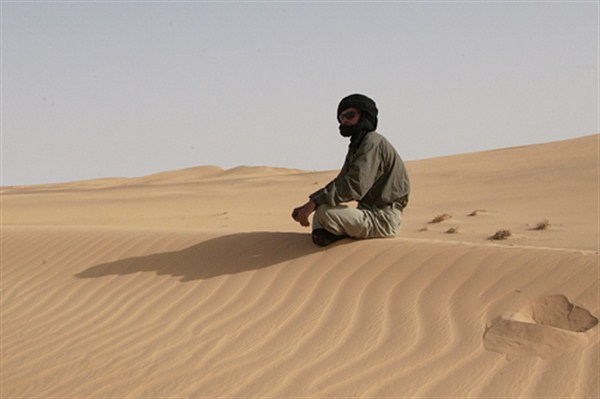The Western Sahara conflict is fast approaching its 40th anniversary with no end in sight. A web of geopolitical interests keeps the conflict in a permanent state of limbo. At the heart of this web is the U.N. Security Council, which has managed the conflict since the late 1980s. The council has been historically reticent to take dramatic action to resolve the dispute and remains so today. Though there has been “peace” in Western Sahara since 1991 when a cease-fire came into effect, all efforts to reconcile Morocco’s claim of sovereignty against the local population’s right to self-determination have failed. The status quo thus seems indefinitely sustainable. Unless the conflict takes a sudden turn for the worse, it is unlikely that the international community will make the tough choices necessary to achieve a lasting solution. Therein lies the paradox of the Western Sahara peace process: The peace process now exists to contain the conflict, but only a crisis will save Western Sahara.
For these reasons, observers often speculate as to which forces could shake things up in Western Sahara. In recent years, three developments have emerged that initially appeared to have the potential to unbalance the deadlock: the Arab Spring, the 2012 Mali crisis and renewed oil and gas interest in the area. However, it is unlikely that a popular mass revolt will drive Morocco out of Western Sahara, or bring down the Moroccan monarchy. Meanwhile, it is abundantly clear that North Atlantic powers see Morocco as a bulwark of stability in a region plagued by civil strife along the Mediterranean coast and by terrorist groups in the Sahara. Finally, international energy companies that have returned to Western Sahara seek to work with Morocco to exploit the contested territory’s possible riches. Whether or not oil companies will bring peace or war to Western Sahara will likely hinge on the response of the territory’s nationalist movement, which remains to be seen.
A Brief History of the Stalemate

